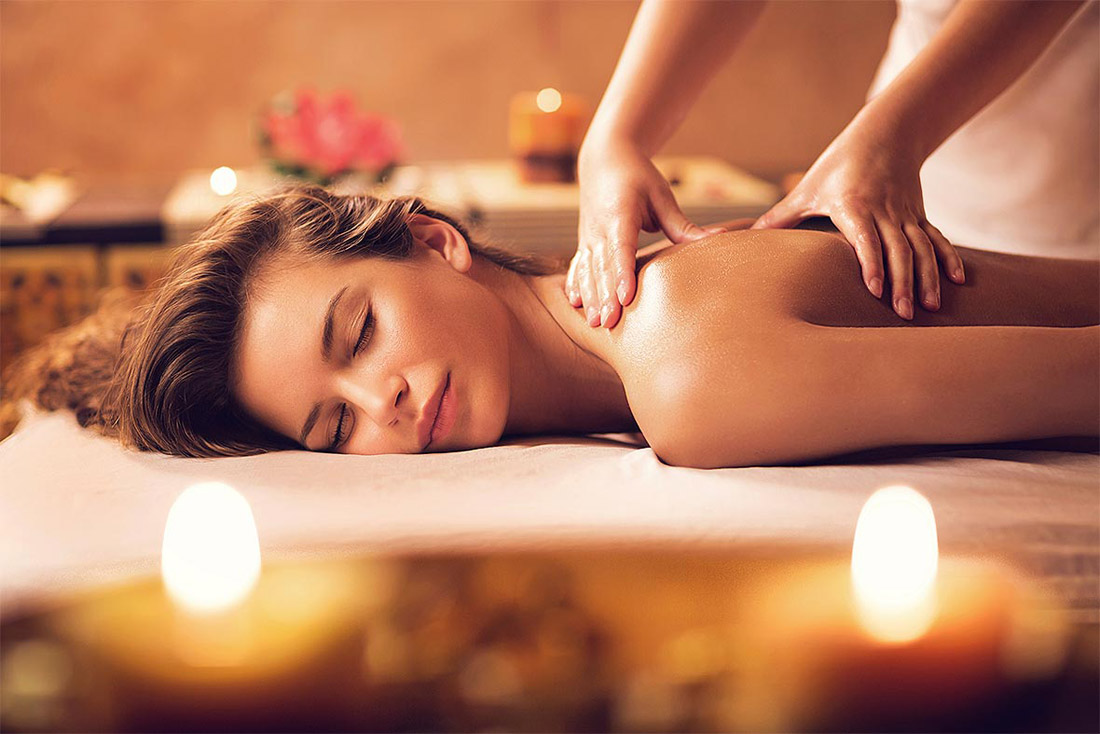Moderate-pressure massage therapy increases relaxation and significantly decreased stress and heart rate, and caused a shift toward left frontal electroencephalogram (EEG) asymmetry, suggesting that the massage was perceived as pleasant and relaxing, according to a recent study involving 36 healthy adults.
“Massage therapy of moderate and light pressure and vibrator effects on EEG and heart rate” was conducted by staff at the University of Miami School of Medicine Touch Research Institute, in Miami, Florida, to compare the effects of these three types of touch.
Participants were randomly assigned to receive moderate-pressure massage, light-pressure massage or vibratory massage, using the Thumper massage tool on the deep-pressure setting at 40Hz. Subjects in all groups received 10 minutes of stimulation to the back, shoulders and arms, while remaining fully clothed in a massage chair.
Before the stimulation began, an EEG cap was placed on the subjects’ heads, EKG electrodes were placed along the arms, and subjects completed the following assessments: demographic questionnaire, State Anxiety Inventory, Visual Analogue Stress/Relaxation Scale, and the Touch Aversion Questionnaire.
There was then a three-minute baseline period before the start of the 10-minute stimulation, followed by three minutes post-session. Subjects then completed the State Anxiety Inventory and the Visual Analogue Stress/Relaxation Scale once again.
Results of the study showed that anxiety decreased for all three groups, but subjects in the moderate-pressure group showed the greatest decrease in self-reported stress.
Those who received moderate-pressure massage also showed the greatest shift toward left frontal EEG asymmetry, which indicates a positive response to the stimulation. This group experienced a significant decrease in heart rate during and after the massage, while the light-massage group showed a significant increase in heart rate following the session. The vibratory massage group showed a marginal increase in heart rate after the massage.
“Taken together these findings indicate that moderate pressure massage resulted in enhanced relaxation, while the light pressure massage resulted in physiological arousal and decreased relaxation,” state the study’s authors. “Further, the vibratory stimulation appeared to have negligible effects on physiological levels of arousal and/or relaxation.”
– Source: University of Miami School of Medicine Touch Research Institute, in Miami, Florida. Authors: Miguel A. Diego, Tiffany Field, Ph.D., Chris Sanders, Maria Hernandez-Reif, Ph.D. Originally published in International Journal of Neuroscience, 2004, Vol. 114, pp. 31-45.

